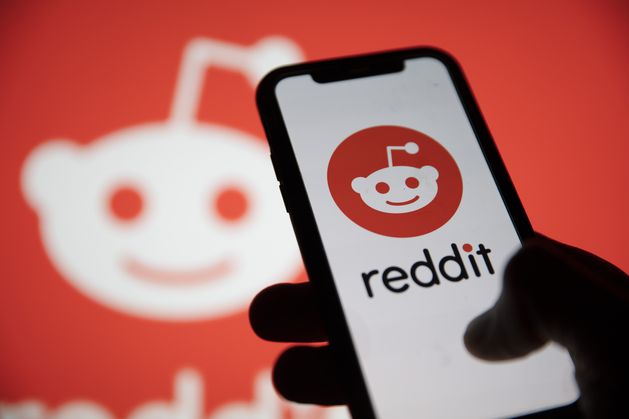Bussiness
Reddit and Tumblr lose High Court challenges against media regulator

The two companies had contested a decision by Coimisiún na Meán to include them in its list of 10 VSPs that will come under the remit of a new online safety code.
Tumblr, a micro-blogging site registered in the US, claimed it should “clearly not” be put in the same bracket as platforms such as YouTube and the decision amounted to an error in law. It argued that video was at most a minor feature on its platform.
Reddit also challenged its designation, arguing that it was a predominantly text-based discussion platform, and that links to videos uploaded to other platforms should not be considered. Both platforms claimed their operations would be damaged by the decisions.
Following the two separate decisions being handed down by the High Court Judge Siobhán Phelan today, Coimisiún na Meán said: “We welcome the court’s judgment and the confirmation of our designation of Reddit and Tumblr as Video-Sharing Platform Services.
“We are moving forward with our draft Online Safety Code and expect to have it in place later this year, as part of our overall Online Safety Framework. We are committed to using our full range of powers to improve online safety for users in Ireland and across Europe.”
A Reddit spokesperson said: “We disagree with the court’s decision that merely allowing links to videos hosted by other platforms can result in a platform being regulated as if it were a video hosting platform itself. This is an unprecedented interpretation of EU law that will have broadly sweeping implications for the internet if applied to other discussion-based platforms.
“While we consider next steps, we will continue to work with the Coimisiún na Meán to encourage thoughtful, appropriate regulation.”
The full list of VSPs designated by the regulator last December included Facebook, Instagram, TikTok, Pinterest, X, YouTube, LinkedIn and Udemy. They each had 28 days to launch a legal challenge against their inclusion.
We are committed to using our full range of powers to improve online safety
While it never went to court, Udemy also argued against its designation. The company, which is headquartered in San Francisco but has an office in Dublin, said its platform was for professional skills development and had measures such as instructor ID verification to prevent harmful and illegal content.
It said this “proactive approach” set it apart from other platforms that rely on reactive strategies to address harmful materials, and asked the regulator to take a more proportionate approach.
The High Court victory will come as a relief to the Coimisiún, since the judgments uphold the procedures it followed before naming the 10 companies as VSPs.
Designation has legal consequences for the 10, including being subject to a code of conduct which is due to be introduced later this year. Coimisiún na Meán recently sent its draft code to the European Commission for approval.
The aim of the code is to reduce the amount of harmful content going online, such as posts promoting eating disorders or self harm. There will be fines of up to €20m levied on any VSP that is found to have violated the safety of children.
Earlier this month the Irish Independent revealed that the media regulator had dropped two proposals in relation to teenagers from the draft code for online safety after opposition from Google and a representative group for Big Tech.
Coimisiún na Meán had proposed a ban on under 18s either live-streaming content, or viewing live-streamed content, without parental permission. It also wanted VSPs to put in place parental controls on teenagers’ use of their services until the age of 18.
Both ideas were dropped from the code that the regulator recently sent to Brussels after Big Tech pushed back against them during the public consultation phase.










